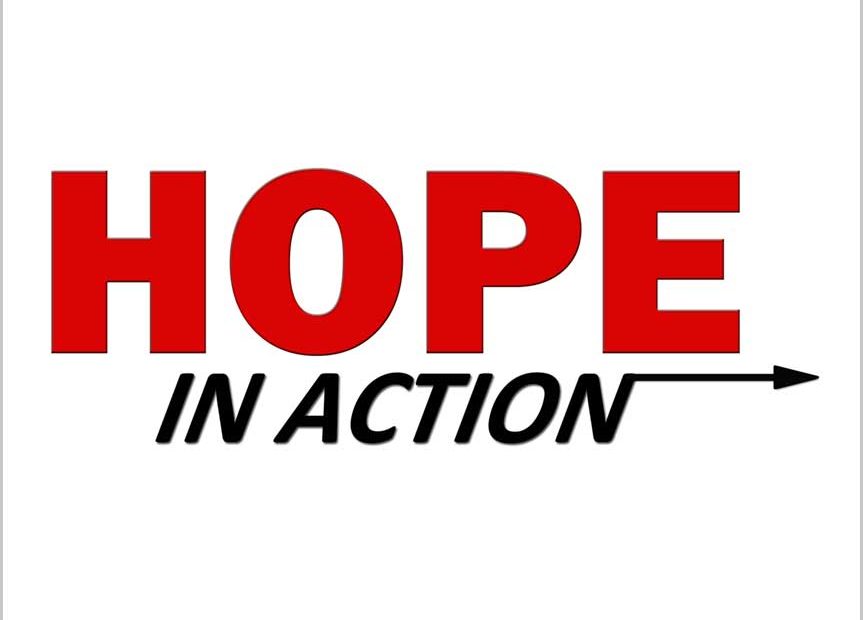Imagine you are HIV+ and you are going to die from end-stage organ disease; an organ transplant is your only hope to survive. You get placed on the wait list with 121,000 other people who have been waiting years ahead of you to receive the gift of life.
Now imagine more organs could be made available for transplant, and the wait for your organ could be shortened. A recent legislative change is providing more opportunity for HIV+ individuals to be transplanted. Here’s the story:
In 1984, the National Organ Transplant Act (NOTA) prohibited organ recoveries from HIV infected deceased donors. As a direct result, for the past 32 years, all potential candidates with HIV were automatically ruled out for organ or tissue donation.
This HIV prohibition was determined by President Obama and Congress to be outdated with the advancements made in the treatment of HIV and signed the HOPE Act (HIV Organ Policy Equity Act) on November 21, 2013. The HOPE Act allowed the development of criteria for research relating to the transplantation of HIV donors to HIV recipients. Following a three-year study performed by Johns Hopkins University, it was concluded that HIV+ liver and kidney recipient outcomes were acceptable to save patients from liver failure, renal disease and end-stage organ disease.
On November 21, 2015, the research criteria were finalized which allowed OPOs to run liver and kidney matches for HIV positive donors and allowed transplant centers to begin the HOPE Act IRB approval process.
Indiana Donor Network officially began evaluating patients with HIV for potential organ donation on March 1, 2016. The only transplant center currently performing HIV+ to HIV+ transplants is Johns Hopkins Transplant Center. It is predicted that 20 – 25 transplant centers will have HOPE Act IRB approval by the end of 2016.
This life-saving milestone is expected to bring an additional 500 organs available for transplant annually.
To learn more about the HOPE Act, click here.
Other Posts

We Remembered. We Paid Tribute. We Celebrated the Gift of Life.
After a week of rain and cold, the sun shined bright over the Indiana Landmarks Center, a restored Romanesque Revival-style church, making it the perfect Read More »

Talking to Kids About Organ Donation
Written by Mandy Montgomery, donor family advocate How do you tell a child that someone they loved passed away? How do you answer all of Read More »

Remembering an Athlete at the Indiana Donor Network 5K
My son, Thomas Walls, participated in five different sports throughout his short life: baseball, soccer, wrestling, football and ice hockey. He also learned to sail Read More »








